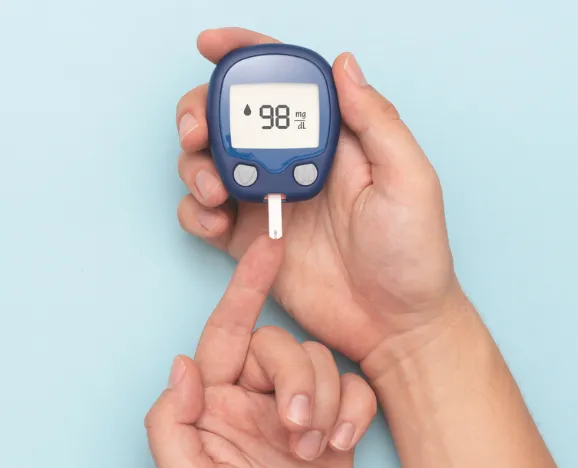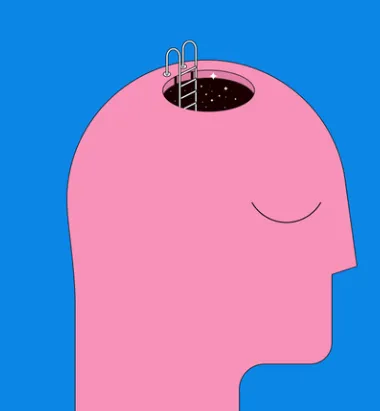Breaking the Silence: A Deeper Dive into Depression

Depression is more than just feeling sad or low; it is a complex mental health condition that affects millions globally. Despite its prevalence, depression often remains shrouded in stigma and misunderstanding. By exploring its symptoms, causes, and treatment options, we can better support those grappling with this challenging condition.
Understanding Depression
Depression is a mood disorder characterized by persistent feelings of sadness, hopelessness, and a lack of interest in activities once enjoyed. Symptoms can vary from mild to severe and may include fatigue, changes in appetite, sleep disturbances, difficulty concentrating, and even physical pain. These symptoms, when prolonged, can disrupt daily life and relationships.
What Causes Depression?
The causes of depression are multifaceted, often resulting from a combination of genetic, biological, environmental, and psychological factors. For example:
- Genetics: A family history of depression can increase susceptibility.
- Biological Factors: Neurotransmitter imbalances or hormonal changes may play a role.
- Stressful Life Events: Trauma, abuse, or major life changes can trigger depressive episodes.
- Medical Conditions: Chronic illnesses or certain medications can contribute to depression.
Breaking the Stigma
One of the biggest barriers to addressing depression is the stigma surrounding mental health. Many people avoid seeking help due to fear of judgment or societal misconceptions. Education and open dialogue are essential to fostering understanding and acceptance.
Treatment and Management
Fortunately, depression is treatable. Effective approaches include:
- Therapy: Cognitive-behavioral therapy (CBT) and other counseling techniques help individuals reframe negative thought patterns.
- Medication: Antidepressants can be prescribed to correct chemical imbalances in the brain.
- Lifestyle Adjustments: Regular exercise, a balanced diet, and mindfulness practices can improve mental well-being.
- Support Networks: Peer support groups and community resources provide encouragement and solidarity.
Legitimate Resources for Help
Here are 10 trusted organizations and websites offering support, information, and resources related to mental health and depression:
1. [National Institute of Mental Health (NIMH)](https://www.nimh.nih.gov)
2. [Mental Health America (MHA)](https://www.mhanational.org)
3. [Anxiety and Depression Association of America (ADAA)](https://adaa.org)
4. [American Psychological Association (APA)](https://www.apa.org)
5. [National Alliance on Mental Illness (NAMI)](https://www.nami.org)
6. [World Health Organization (WHO) Mental Health](https://www.who.int/mental_health)
7. [BetterHelp Online Counseling](https://www.betterhelp.com)
8. [Psychology Today Therapist Finder](https://www.psychologytoday.com/us/therapists)
9. [Crisis Text Line](https://www.crisistextline.org)
10. [Headspace (Mental Health & Meditation)](https://www.headspace.com)
HTML Comparison Table
<!DOCTYPE html>
<html lang="en">
<head>
<meta charset="UTF-8">
<meta name="viewport" content="width=device-width, initial-scale=1.0">
<title>Depression Treatment Comparison</title>
<style>
table {
width: 100%;
border-collapse: collapse;
font-family: Arial, sans-serif;
}
th {
background-color: #f2f2f2;
text-align: left;
padding: 10px;
}
td {
padding: 10px;
border: 1px solid #ccc;
}
</style>
</head>
<body>
<table>
<tr>
<th>Treatment Option</th>
<th>Description</th>
<th>Benefits</th>
<th>Challenges</th>
</tr>
<tr>
<td>Therapy</td>
<td>Professional counseling to address negative thought patterns.</td>
<td>Personalized approach, non-invasive.</td>
<td>May require time to find the right therapist.</td>
</tr>
<tr>
<td>Medication</td>
<td>Use of antidepressants to balance brain chemistry.</td>
<td>Effective for moderate to severe cases.</td>
<td>Potential side effects, requires medical supervision.</td>
</tr>
<tr>
<td>Lifestyle Changes</td>
<td>Includes exercise, diet, and mindfulness practices.</td>
<td>Improves overall well-being, low cost.</td>
<td>May take time to see results.</td>
</tr>
<tr>
<td>Support Groups</td>
<td>Peer-led groups offering shared experiences and support.</td>
<td>Builds community and reduces isolation.</td>
<td>Not a substitute for professional treatment.</td>
</tr>
</table>
</body>
</html>






